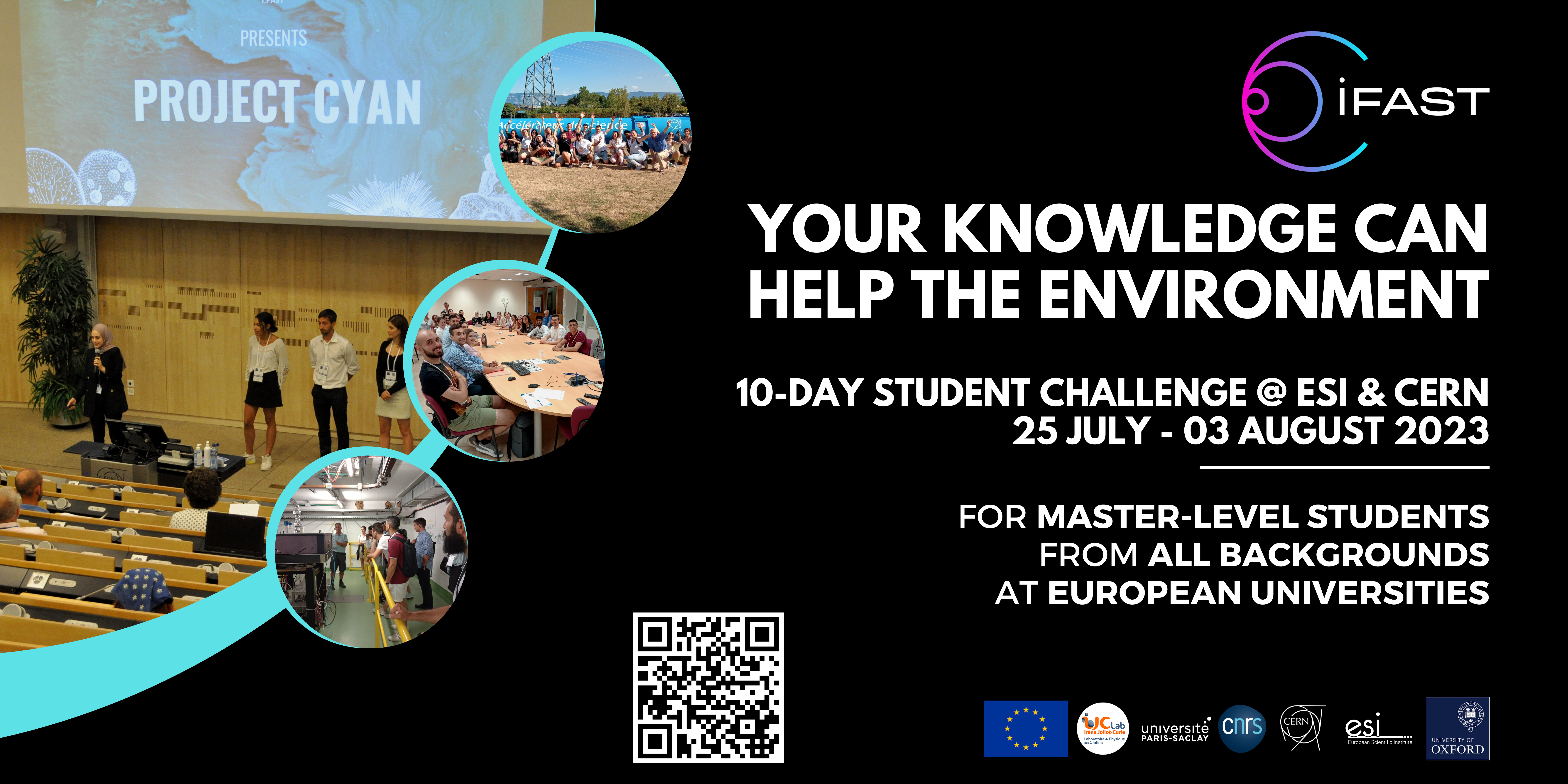We invite students to take part in an EU-funded challenge to imagine new multidisciplinary solutions to address environmental issues by using particle accelerators. This challenge will be tackled by multidisciplinary teams invited to stay, all expenses covered (*), for 10 days at the European Scientific Institute (ESI) on the France-Geneva border.
Some particle accelerators such as the Large Hadron Collider (LHC) at CERN are the largest scientific tools on Earth. But beyond driving large scientific discoveries, many smaller accelerators are used in medicine to cure cancer and they also have many other applications in our daily lives.
For 10 days, students with different academic backgrounds will join teams of six to imagine innovative solutions on how can particle accelerators be used to tackle environmental challenges. On the 10th day, they will present their work to a jury of experts at CERN.
To help in this task, students will be offered high-level seminars on particle accelerators, on environmental challenges and on innovation as well as a stimulating environment to discuss these issues.
This initiative is put forward by the I.FAST project, funded by the European Union’s Horizon 2020 research and innovation programme. It stems from the historic collaboration between the ESI, CERN and others partners to run the Joint Universities Accelerator School.
More details can be found at http://www.ifast-cbi.particle-accelerators.eu
Who can apply?
Applications are welcome from all applicants. Preference will be given to students in the second cycle of university studies (typically between the 3rd and 5th year of university) and priority will be given to those studying in universities located in countries members of I.FAST (see list at https://ifast-project.eu/participants).
Language:
All activities will be held in English.
How to apply?
To apply fill the form at https://indico.cern.ch/event/1221615/registrations/88973/
Application deadline:
The application form has to be submitted before Monday February 28th 23:59, Geneva time.
Calendar:
- February 28th 2023: Application deadline
- May 1st: Successful applicants are notified.
- 3rd July: Online meeting, “Getting to know each other”.
- 5th-22nd July: Series of online seminar to learn about accelerators and their environmental applications.
- Tuesday July 25th to Thursday August 3rd: Stay at the European Scientific Institute in Archamps (including a visit at CERN).
- Thursday August 3rd: Presentation at CERN and award ceremony.
(*) Travel expenses in economy class will be reimbursed within a limit of €300.
This project has received funding from the European Union’s Horizon 2020 Research and Innovation program under Grant Agreement No 101004730.

